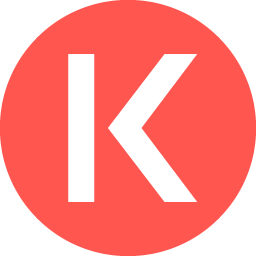Top DeFi tokens by market capitalization
DeFi contains 484 coins with a total market capitalization of $95.37B and an average price change of -0.59%. They are listed in size by market capitalization.
DeFi, short for "Decentralized Finance," is a transformative movement within the blockchain and cryptocurrency industry that seeks to recreate and improve upon traditional financial systems and services without relying on centralized institutions. Leveraging blockchain technology, primarily Ethereum, DeFi platforms offer a range of financial tools and services, including lending, borrowing, trading, yield farming and more, which are operated through smart contracts. These open-source protocols aim to democratize access to financial services, offering transparency, inclusivity, and often greater yield potential, while minimizing the need for intermediaries. However, as with any technology, DeFi also comes with its set of risks and challenges, making it important for users to exercise due diligence and caution.














































